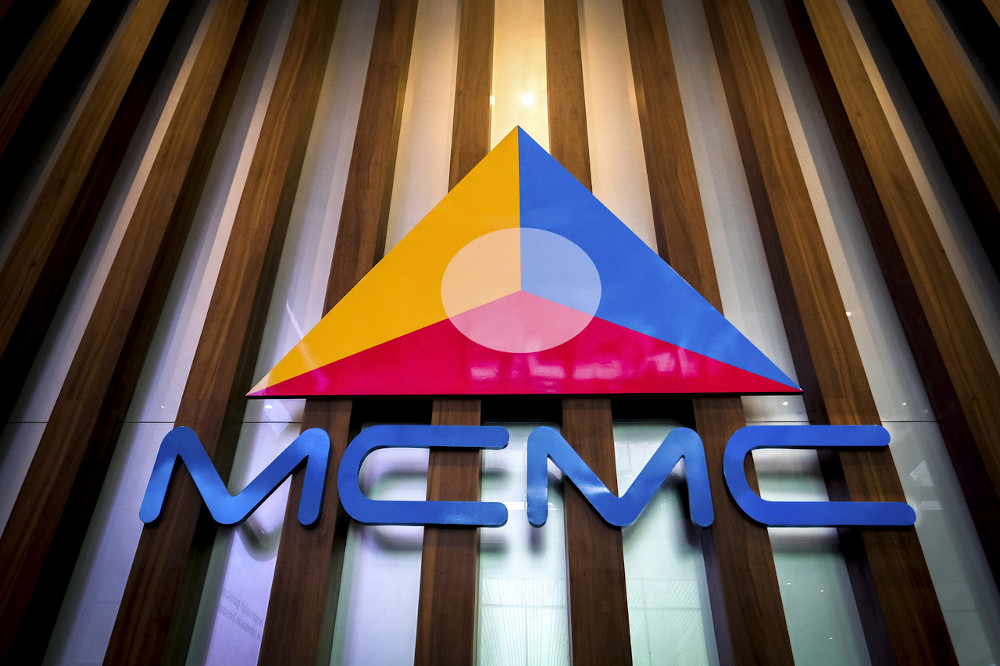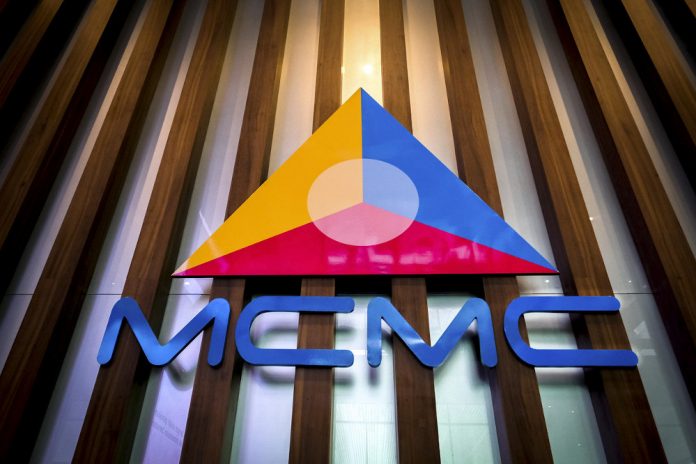
KUALA LUMPUR, Dec 18 — Local authorities and bureaucracy sometimes hold up the progress in the installation and rolling out of the necessary infrastructure for internet connectivity in Malaysia, while individuals seeking to make a cut financially also hamper the pace of strengthening digital connectivity, the CEO of a telecommunications firm said today.
Afzal Abdul Rahim, CEO of TIME dotCom Berhad, asserted that political will at the state level is also closely tied to “ancillary business ambitions”, saying that such business interests may come into play even as the Malaysian Communications and Multimedia Commission (MCMC) seeks to encourage state governments to make telecommunications a third utility.
“So while MCMC has been going on an above board objective, to speak to the state governments and convince them that you should open up, the moment MCMC leaves, the telco CEO gets called from the konco-konco (friends) around the mentri besar to say ‘Actually how can we make money from this, you all are making so much money, surely we can make some cuts here and there’,” he said.
“This is the reality on the ground, it’s this irritating business ambition culture surrounding the state governments which is causing this problem,” he said.
He said telcos have to deal with different rules under different local authorities and states for planning permissions and permits for infrastructure work which in some instances would hinder progress.
“Yes, there are things that the telcos can do better, but the single biggest hindrance to rollout of network infrastructure in Malaysia is the local authorities, and the behaviour, it is the ancillary business ambitions that is tied to the koncos around the MB,” he said.
He made these comments during an online media briefing by MCMC on the first quarterly report of the country’s five-year national digital infrastructure plan Jalinan Digital Negara (Jendela).
Following Jendela’s August 29 launch by the prime minister, MCMC chairman Dr Fadhlullah Suhaimi Abdul Malek shared updates on efforts to have telecommunications recognised as a “third utility”, or a public utility apart from water supply and electricity.
He noted that water and electricity are currently prerequisites before any property development can be approved due to their status as utilities, while infrastructure for telecommunications would come in after people start moving in to the developments as telecommunications is yet to officially be regarded as a third utility.
“That’s why you find many times in new housing areas, this will be a problem,” he said.
In highlighting the importance of making telecommunications a third utility, Dr Fadhlullah noted that the approval of the local authorities for the right to erect a telecommunications tower or to lay fibre optic cables is required even in rural areas, instead of just urban and suburban areas.
He noted several examples however of how local authorities had quickly given approval to expedite the process to improve internet infrastructure in an area, such as in Tanah Merah where approval was given in mere weeks, but said such “shortcuts” of the existing process cannot be sustained forever and need to be made part of the system to speed up the process.
“That’s why it’s highly important, highly significant to make telecommunications a third utility so that approvals are already institutionalised, so that we can get it through in the shortest period of time,” he said, adding that make telecommunications a precondition for developments can also bring in investments into a state or an area.
Dr Fadhlullah said that the process to have telecommunications recognised as a third utility cannot be imposed on state governments or local councils via a federal government decision or even a decision from the Ministry of Housing and Local Government, but would instead require engagement with state governments due to the country’s framework under the Federal Constitution.
“Each state has its own governance, therefore, it’s a lot of legwork. We are trying our level best to make this happen within 12 months from the time we announced. It’s a very stretch target but a target nevertheless,” he said.
In explaining the long process before telecommunications can be regarded as a utility, he said that there must first be a policy decision at the state executive council level in a state government, followed by amendments of the local laws by the state government with the involvement of local agencies required to realise such proposals.
This would then be followed by the gazetting of the amended laws, and subsequently the application of such laws at the local authority level where there would be guidelines, rules and procedures, before reaching the final stage of applications to local authorities for telecommunications to be deployed in a locality, he said.
The MCMC has engaged with all state governments on making telecommunications a third utility, with the matter already reaching the proposal stage for Melaka, Penang, Terengganu, Kedah and Perak, with no states so far recorded by MCMC as having reached the stage of approval by the state exco or amendment, gazetted and implementation stage.
Under Jendela’s first phase from 2020 to 2022, Malaysia has targeted to expand 4G mobile broadband coverage from 91.8 per cent to 96.9 per cent in populated areas, to increase mobile broadband speeds from 25Mbps to 35 Mbps, and to enable 7.5 million premises to access fixed broadband services at gigabit speeds, and to completely switch off 3G networks by the end of 2021 to allow the improvement to 4G networks and strengthen the foundation for 5G networks.
The second phase of Jendela is expected to involve bridging any remaining digital divide and to prepare the country to transition to 5G. The 5G network provides faster internet speeds as compared to 4G.
More information on Jendela can be found at the website www.myjendela.my.


